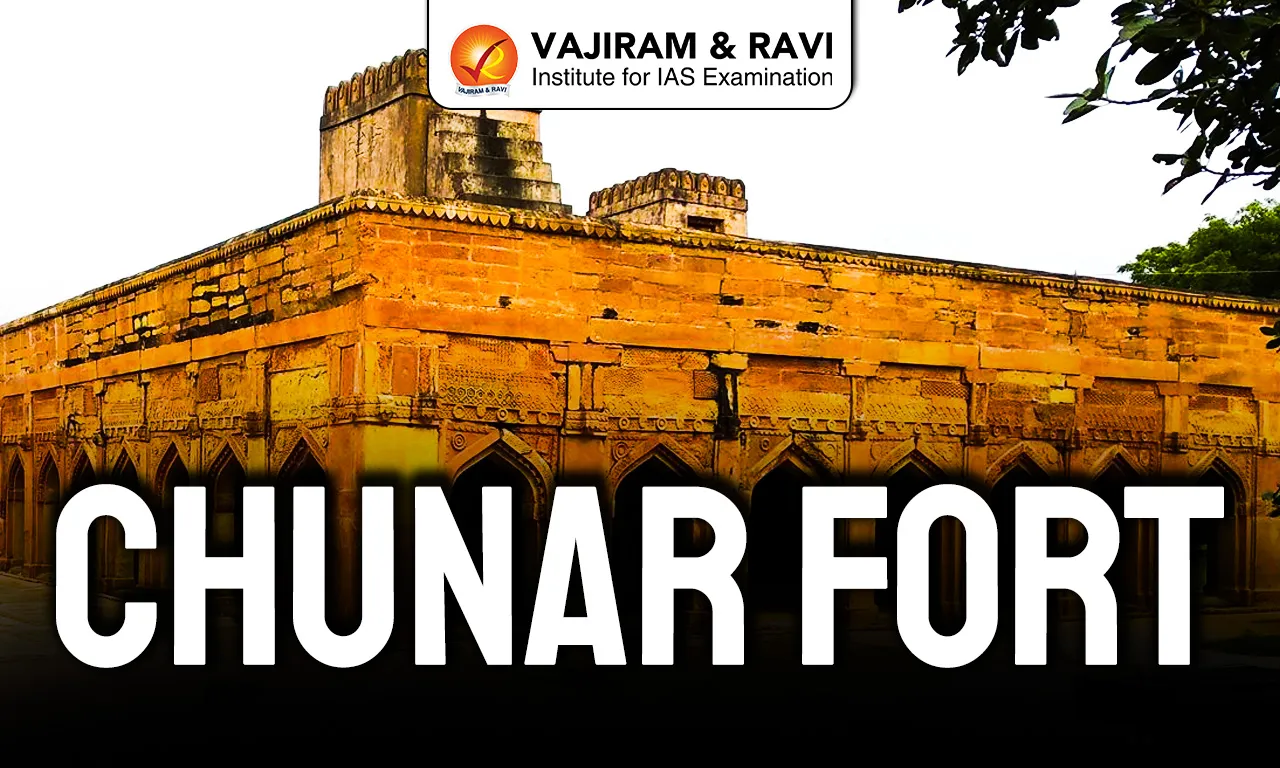About Curative Petition
- It is the last resort to the highest court that can be petitioned for redressal of grievances in court, and its ruling is final.
- It is a way to ask the court to review and revise their own decision, and it is filed after a review petition is dismissed or used.
- It is the final and last option for the people to acquire justice, as mentioned and promised by the Constitution of India.
- Objective: It is meant to ensure there is no miscarriage of justice and to prevent abuse of process.
- Evolution:
- The concept of curative petition originated from the case of Rupa Ashok Hurra Vs. Ashok Hurra and another case (2002) where the following question arose before the court of law: ‘whether an aggrieved person is entitled to any relief against the final judgment/order of the Supreme Court, after the dismissal of a review petition?’.
- The court used the Latin maxim “actus curiae neminem gravabit”, which means that an act of the court shall prejudice no one.
- The maxim becomes applicable when the court is under an obligation to undo a wrong done to a party by the act of the court itself.
- This led to the creation of the concept of a curative petition by the Supreme Court to prevent the miscarriage of justice and to prevent the abuse of process.
- In this case, a five-judge constitution bench of the Supreme Court unanimously held that in order to rectify gross miscarriage of justice, the court will allow the curative petition filed by the victim.
Constitutional Backing:
- The concept evolved in the case of Rupa Ashok Hurra Vs, Ashok Hurra is not newer to the constitution itself.
- Article 137 of the Indian Constitution broadly supports the idea of a curative petition.
- It states that the “Supreme Court has the power to review any judgment pronounced (or order made) by it if the matter concerns the laws and rules made under Article 145.
Criteria for admission:
- The court ruled that a curative petition can be entertained if the petitioner establishes there was a violation of the principles of natural justice and that he was not heard by the court before passing an order.
- It will also be admitted where a judge fails to disclose facts that raise the apprehension of bias.
- The SC has held that curative petitions must be rare rather than regular and be entertained with circumspection.
- A curative petition must be accompanied by certification by a senior advocate, pointing out substantial grounds for entertaining it.
Who hears Curative petitions?
- A curative petition must first be circulated to a bench of the three senior-most judges and the judges who passed the concerned judgment, if available.
- Only when a majority of the judges conclude that the matter needs hearing should it be listed, as far as possible, before the same bench.
- A curative petition is usually decided by judges in chamber, unless a specific request for an open-court hearing is allowed.
- It shall be open to the Bench at any stage of consideration of the curative petition to ask a senior counsel to assist it as amicus curiae.
- In the event of the bench holding at any stage that the petition is without any merit and vexatious, it may impose exemplary costs on the petitioner.
Q1: What is adjusted gross revenue (AGR)?
Telecom operators are required to pay licence fee and spectrum charges in the form of ‘revenue share’ to the Government. The revenue amount used to calculate this revenue share is known as AGR.
Source: SC agrees to hear telcos curative plea on AGR dues in open court
Last updated on February, 2026
→ UPSC Notification 2026 is now out on the official website at upsconline.nic.in.
→ UPSC IFoS Notification 2026 is now out on the official website at upsconline.nic.in.
→ UPSC Calendar 2026 has been released.
→ Check out the latest UPSC Syllabus 2026 here.
→ Join Vajiram & Ravi’s Interview Guidance Programme for expert help to crack your final UPSC stage.
→ UPSC Mains Result 2025 is now out.
→ UPSC Prelims 2026 will be conducted on 24th May, 2026 & UPSC Mains 2026 will be conducted on 21st August 2026.
→ The UPSC Selection Process is of 3 stages-Prelims, Mains and Interview.
→ Prepare effectively with Vajiram & Ravi’s UPSC Prelims Test Series 2026 featuring full-length mock tests, detailed solutions, and performance analysis.
→ Enroll in Vajiram & Ravi’s UPSC Mains Test Series 2026 for structured answer writing practice, expert evaluation, and exam-oriented feedback.
→ Join Vajiram & Ravi’s Best UPSC Mentorship Program for personalized guidance, strategy planning, and one-to-one support from experienced mentors.
→ UPSC Result 2024 is released with latest UPSC Marksheet 2024. Check Now!
→ UPSC Toppers List 2024 is released now. Shakti Dubey is UPSC AIR 1 2024 Topper.
→ Also check Best UPSC Coaching in India






















